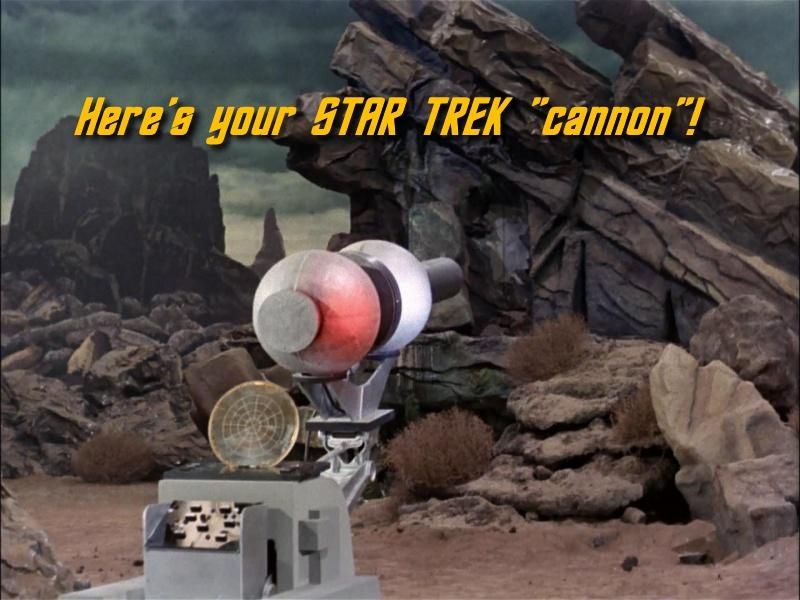Christopher, will you indulge a series of dumb questions?

Obviously there are many writers for Star Trek novels, and I guess they have to adhere to "canon policies" or what not. Do you get assigned a story idea to write? Or do you submit your own ideas for a story, and then wait for approval to pursue it further?
Thank you for your time.

I'm always bewildered when people assume we're told what to write. Coming up with stories is what they hire us to do! If you hired an architect to design a new wing on your house, you wouldn't do the blueprints yourself and tell them what to build -- the whole reason you hire the architect is because they're more qualified than you to come up with the ideas.
CBS licenses Pocket, IDW, etc. to create tie-in fiction for them, and the editors at Pocket, IDW, etc. hire writers to develop and write the stories. Often they take pitches that we come up with entirely on our own; at other times, they may have a broad idea of what type of story they want to tell or what event they want to depict, but the reason they hire us is so that we can come up with the specifics of what that story will be. For instance, for
The Buried Age, my editor asked me "How would you like to tell the story of Picard's missing years between the
Stargazer and the
Enterprise?", but it was my job to decide what that story would be; if a different writer had gotten the assignment, they would've surely told an entirely different story. The parameters we get are rarely more specific than that; I have occasionally been asked to write out a character or make a major change in that character's life, but the specifics of how it happens and how it fits into the story are left to me (for instance, in
Greater Than the Sum I was asked to have Picard and Crusher conceive a child, but it was up to me to decide whether they got married first).
Where the editors and licensors come into the process is that they approve or reject the ideas we come up with, or make suggestions to help us refine them. If they reject an idea, it's generally up to the writer to offer an alternative, or the writer and editor work together to hash something out.
For someone producing a new series, especially one that is in effect a soft reboot, I think that they are. Because what we are talking about is the source material (i.e, the canon) for the new series. At least that is what I am talking about. Now, you can keep what works if you want to (assuming you legally can), but in principle, you can jettison the whole kit'n'kaboodle too.
But the difference is that the tie-in material is a minor sidebar, something that 98 or 99 percent of the fanbase won't be aware of at all. It's a much, much more incidental matter than the prior screen canon. If you're relaunching a franchise, you know that the existing fanbase will be familiar with the screen material and will notice if you contradict it, so while you certainly can ignore it if it suits you, it's not a casual decision to do so because there's going to be pressure to acknowledge and respect it. But only a tiny fraction of your audience will even be aware of the tie-in fiction, so it's generally not a consideration to begin with. No matter how determined a franchise's relaunchers may be to stay faithful to the original canon, they'll still probably ignore the tie-ins altogether. You're treating them as if they're given equal weight and consideration, but they aren't.


 )
)


